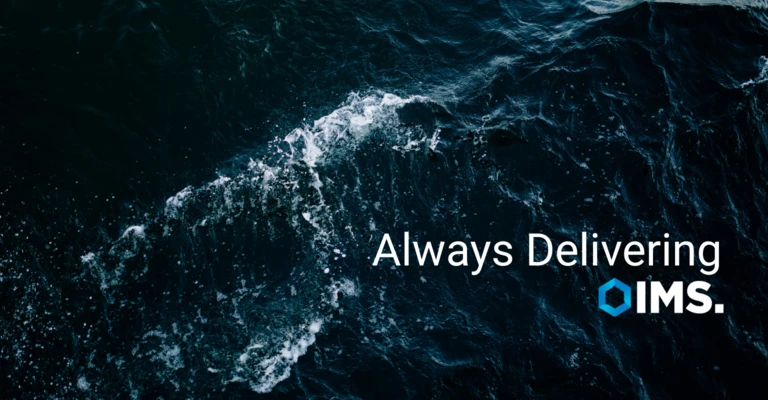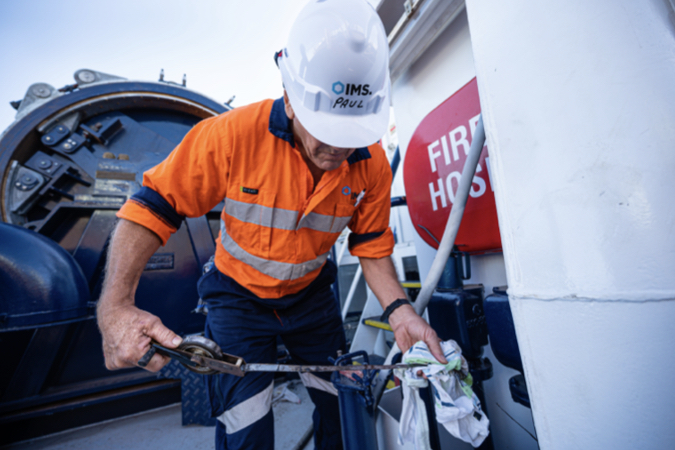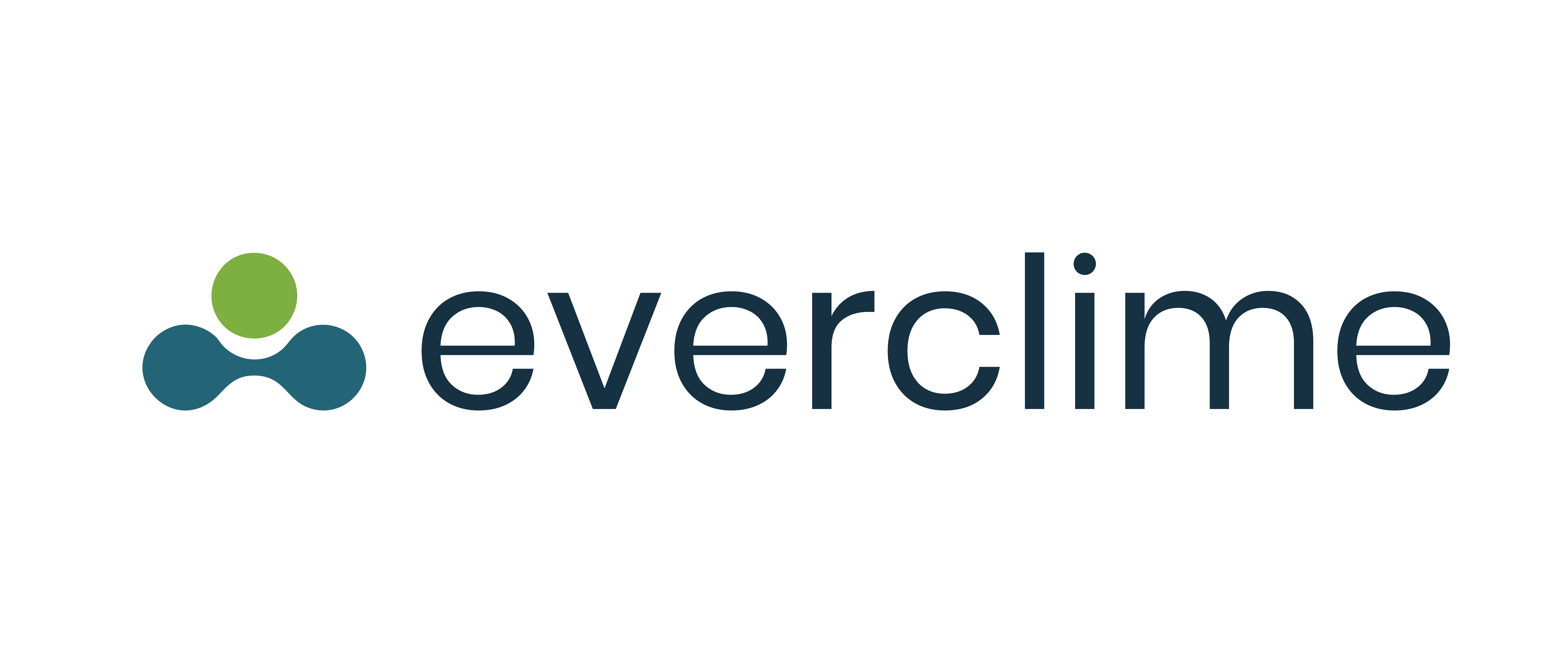



International Maritime Services (IMS)
Key Info
Website
Challenges
The Hidden Damage
Much of the environmental impact in maritime operations is invisible, from microplastics to emissions. IMS continually seeks better ways to uncover and address these issues.
Fuel Transition
Alternative fuels such as hydrogenated vegetable oil offer real promise, but access, affordability and infrastructure remain challenging.
Industry Influence Without Scale
IMS is not the largest player in the industry. Its influence must be earned through proof, partnerships and best-practice leadership.
Short-Term Emissions Impact
Vessel delivery generates emissions over short periods. IMS must account for this impact without long-term operational control over those ships.
Brand Journey
IMS places a high degree of focus on the intrinsic and extrinsic motivation of our people and our business—why our people get out of bed in the morning, and why anyone should care. It is our purpose is to optimise the utilisation of maritime assets by efficiently delivering them from Port A to Port B. But not only this, we seek to do this while treating our people, our customers, and the environment with sensitivity.

We commenced a journey of commitment to the environment in 2011 by being the first ship delivery company to offset CO2 emissions from our operations. We are tightening our focus on elements of SDG 13 and 14.
We currently depend on fossil fuels for diesel and lubricating oils as well as single use plastics. Yet, paradoxically, we depend on water with use of the ocean as the resource upon which we operate, while impacting it through exhaust pollution that contributes to GHG and ocean acidification through combusted diesel.
We currently depend on fossil fuels for diesel and lubricating oils as well as single use plastics. Yet, paradoxically, we depend on water with use of the ocean as the resource upon which we operate, while impacting it through exhaust pollution that contributes to GHG and ocean acidification through combusted diesel.

Ultimately, we wish to have a happy and healthy team embracing a culture worthy of celebration, supported by a zero-harm approach to everything we do.
We strive to reduce emissions, expand carbon offsetting, and reduce waste, especially single use plastics.
We strive to reduce emissions, expand carbon offsetting, and reduce waste, especially single use plastics.

Sustainable Development Goals
The United Nations Sustainable Development Goals (SDGs) are a set of 17 interconnected goals established by the United Nations in 2015. The SDGs provide a comprehensive framework for addressing the world's most pressing economic, social, and environmental challenges.
Global impact groups play a crucial role in supporting the SDGs by creating mechanisms to mobilise resources, collaborate with stakeholders, and drive collective action toward achieving the goals. These groups have the capacity to leverage their expertise and resources to make a significant positive impact.
Global impact groups play a crucial role in supporting the SDGs by creating mechanisms to mobilise resources, collaborate with stakeholders, and drive collective action toward achieving the goals. These groups have the capacity to leverage their expertise and resources to make a significant positive impact.



